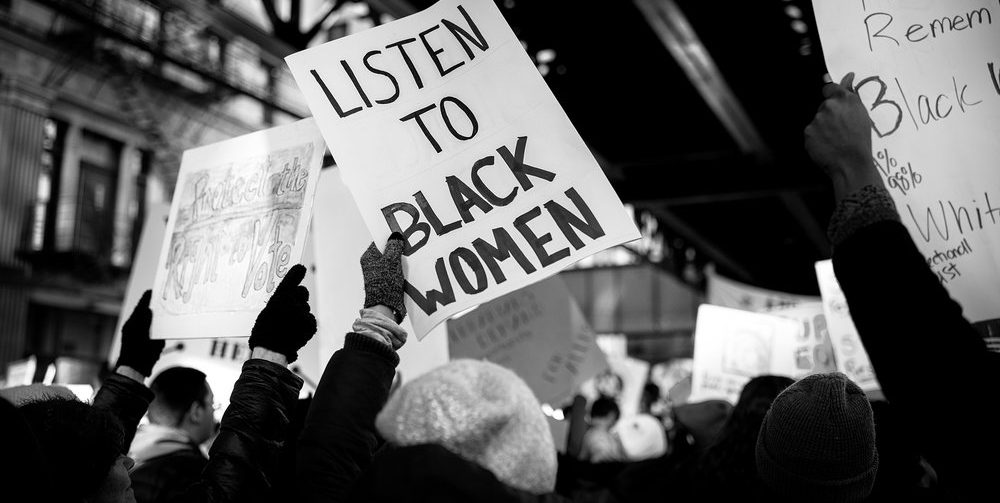The legacy of slavery in the United States casts a long and painful shadow over the African American community. While many racial and ethnic groups have received reparations for past injustices, the descendants of enslaved Africans in America have yet to receive the recognition and compensation they deserve. White Americans must acknowledge their heritage’s role in perpetuating slavery and the moral imperative to support reparations for American Descendants of Slaves (ADOS).
The institution of slavery was deeply entrenched in the fabric of American society. For centuries, African Americans were subjected to unspeakable brutality, forced labor, and systemic oppression. Slavery forms an integral part of American history, and its effects continue to shape the lives of ADOS individuals and communities today.
Following the end of the Civil War, the United States government implemented a policy known as “40 acres and a mule” to provide newly freed slaves with land and resources for economic empowerment. This policy aimed to address the immense social and economic challenges faced by African Americans after centuries of enslavement. However, this promise was tragically short-lived.
As the Reconstruction era came to an end, political and social forces aligned to undermine the progress made towards racial equality. The policy of redistributing land to freed slaves was abandoned, and instead, reparations were granted to white slave owners through the Southern Claims Commission.
This turn of events not only perpetuated economic disparities but also perpetuated a system that rewarded those who had profited from the enslavement and exploitation of African Americans. This historical injustice further underscores the urgent need for reparations to rectify the enduring effects of slavery and systemic racism on American Descendants of Slaves.
White Americans who proudly embrace their heritage and celebrate their ancestors’ contributions must also confront the darker aspects of their history. Acknowledging the involvement of white ancestors in slavery does not imply personal guilt, but it does necessitate a recognition of the inherited privileges and advantages that persist to this day. By accepting this responsibility, white Americans can demonstrate their commitment to justice and equality.
Reparations represent a tangible step towards addressing the enduring effects of slavery and systemic racism. Monetary compensation provides a means to rectify the economic, social, and educational disparities that have disproportionately affected ADOS communities. Reparations can also serve as a catalyst for bridging the racial wealth gap, promoting economic mobility, and fostering social cohesion.
Throughout history, the United States government has recognized the need for reparations in various contexts. Japanese Americans interned during World War II, Native American tribes, and Holocaust survivors have received reparations for the injustices they endured. It is time for the United States to extend this commitment to justice and equality by addressing the historical and ongoing harm inflicted upon ADOS communities. Critics often argue against reparations for the ADOS community, citing concerns over the cost and practicality of implementation. Yet the United States can give billions to Ukraine, Israel and other foreigners for wars and aid without blinking an eye. Make it make sense!
However, the economic benefits of reparations cannot be underestimated. Investing in ADOS communities through reparations has the potential to stimulate economic growth, create jobs, and enhance overall societal well-being. By addressing historic wealth disparities, reparations can contribute to a more equitable and prosperous nation for all.
White Americans engaging in conversations and tangible actions surrounding reparations can contribute to the collective healing process. There is much talk today about ‘the soul of America.’ By actively listening to the experiences and perspectives of ADOS individuals, fostering empathy, and advocating for reparations, they can help dismantle systemic racism and foster a more inclusive and just society.
Paying reparations to American Descendants of Slaves should be seen as an essential component of white heritage. By acknowledging the historical injustices perpetuated by their forefathers and advocating for reparations, white Americans can contribute to the healing and transformation of our nation. Embracing this responsibility not only aligns with the principles of justice and equality, but also paves the way for a more prosperous future for all Americans.
White Americans, it is time for you to confront the past, rectify the present, and build a better tomorrow together by paying reparations to American Descendants of Slaves. It is part of your heritage.




